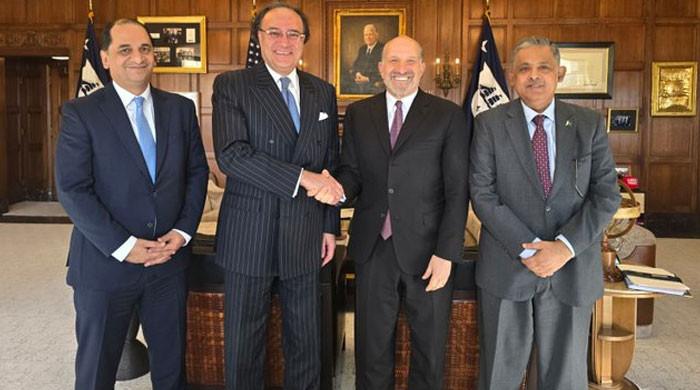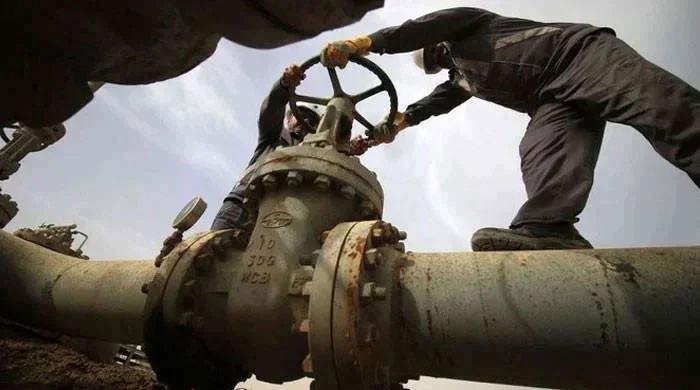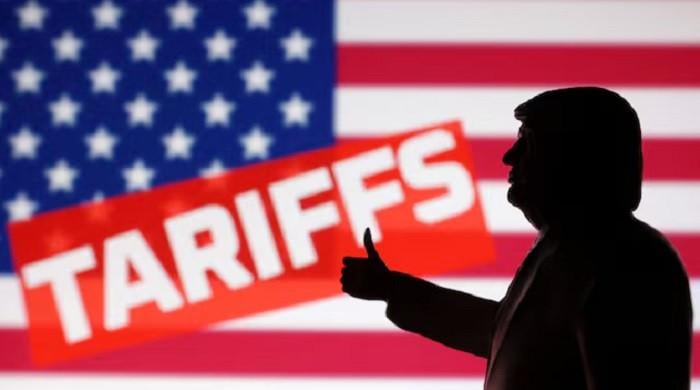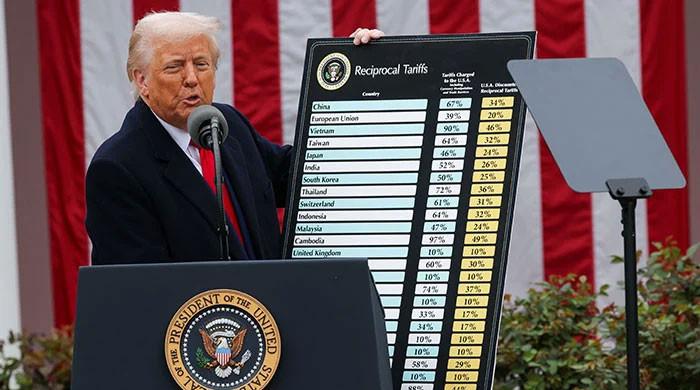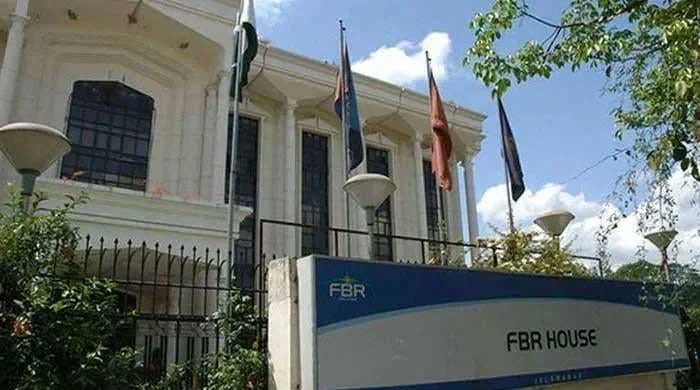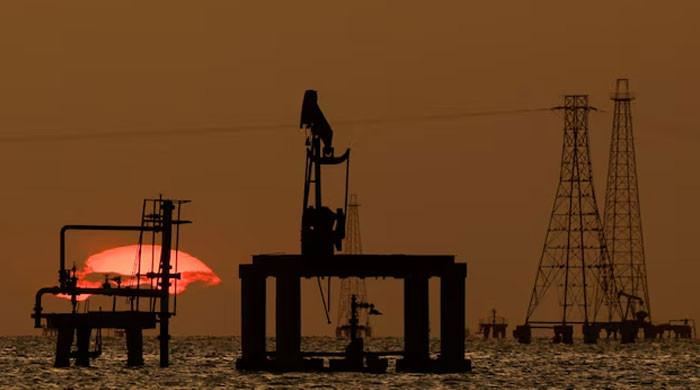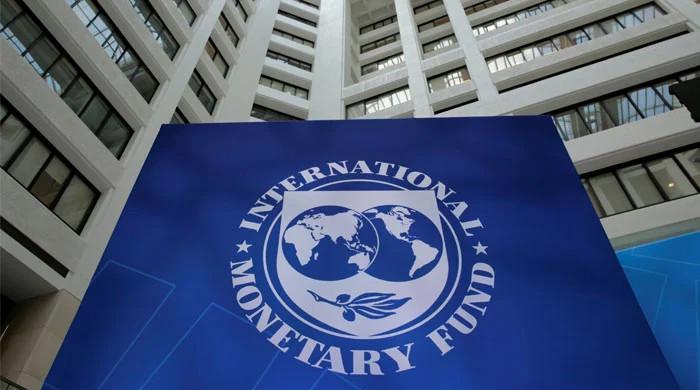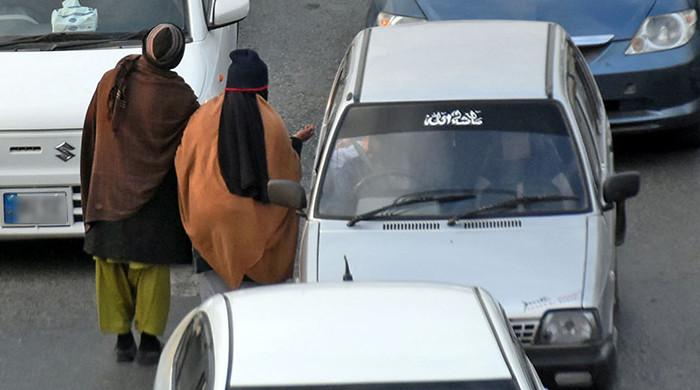Input sought on Turkmenistan’s demand for legislative cover for TAPI project
Turkmenistan has asked for legal cover under Foreign Investment Promotion and Protection Act (FIPPA), 2022
November 24, 2023
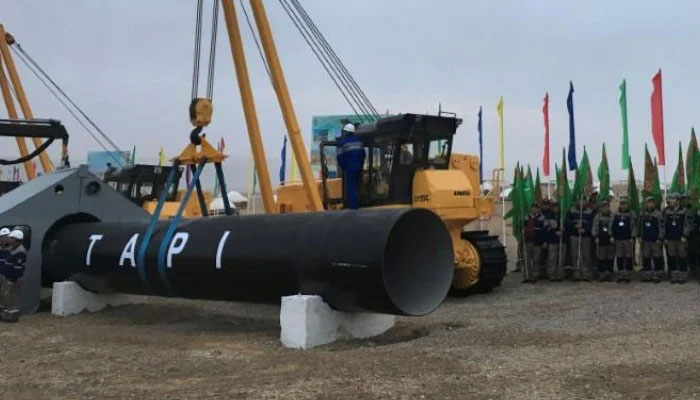
- Turkmenistan has asked for legal cover under FIPPA, 2022.
- Turkmenistan demands was raised in SIFC.
- SIFC had decided to seek inputs from all stakeholders.
ISLAMABAD: The Petroleum Division has sought the Law Division’s input on Turkmenistan’s demand for legislative cover of the Foreign Investment Promotion and Protection Act (FIPPA), 2022 for the investment it plans to make in Pakistan under the trans-nation $10 billion TAPI gas pipeline project, reported The News on Friday.
The pipeline from Turkmenistan has to pass through Afghanistan, Pakistan and India. Turkmenistan will have 85% shares in the project while Afghanistan, Pakistan and India have 5% shares of $200 million each.
“The Petroleum Division has sought the opinion from the Law Division and is waiting for its response on Turkmenistan’s demand and then it will be in a position to firm up its recommendations to be submitted in Special Investment Facilitation Council,” a senior Energy Ministry official told The News.
“Earlier, the demand from Turkmenistan was raised in the SIFC, which decided to seek inputs from all the stakeholders and formulate recommendations for the apex committee of SIFC.”
The FIPPA law was passed by the government to extend special treatment to protect foreign investment in the Reko Diq project. The bill was passed by the parliament to give legal cover for the Reko Diq project, a copper and gold mine in Balochistan being developed by a consortium of foreign companies.
The official said the legislative cover given to the Reko Diq project was a special case and could not be extended to every investor.
“If Afghanistan and India, which are also part of the TAPI gas pipeline project, extend the same legislative cover to Turkmenistan investment in the pipeline, then Pakistan may have no objections,” said the official.
Pakistan has already assured the protection of Turkmen investment with a sovereign guarantee under the Host Government Agreement (HGA).
However, the official believes that if the pipeline project gets covered under FIPPA, 2022, then it may help Turkmenistan increase the credibility of Turkmen gas companies before banks for bankable feasibility and loans as well.
The gas pipeline project worth $10 billion would be built and commissioned at a 30%:70% equity and loan business plan. Out of 30% equity, Turkmenistan has an 85% share, and Afghanistan, Pakistan, and India each have a 5% share. Pakistan’s equity stands at $200 million.
The remaining 70% of the funding would be based on loans that the TAPI consortium will arrange from international financial institutions.
The project has been delayed by close to 7 years, largely due to failure in financial closures and Taliban takeover in Afghanistan.
The Asian Development Bank (ADB) has paused the due diligence and processing activities on the TAPI project till the Taliban-led government in Afghanistan regime is recognized by the United Nations and big economies of the world.
However, Turkmenistan and Pakistan on June 9 of this year signed a Joint Implementation Plan (JIP) to accelerate work on the project in Islamabad.
Pakistan has suggested Turkmenistan lay down some portion of the gas line up to Herat in Afghanistan to ensure ownership from the Taliban, which will also help move the project forward.




